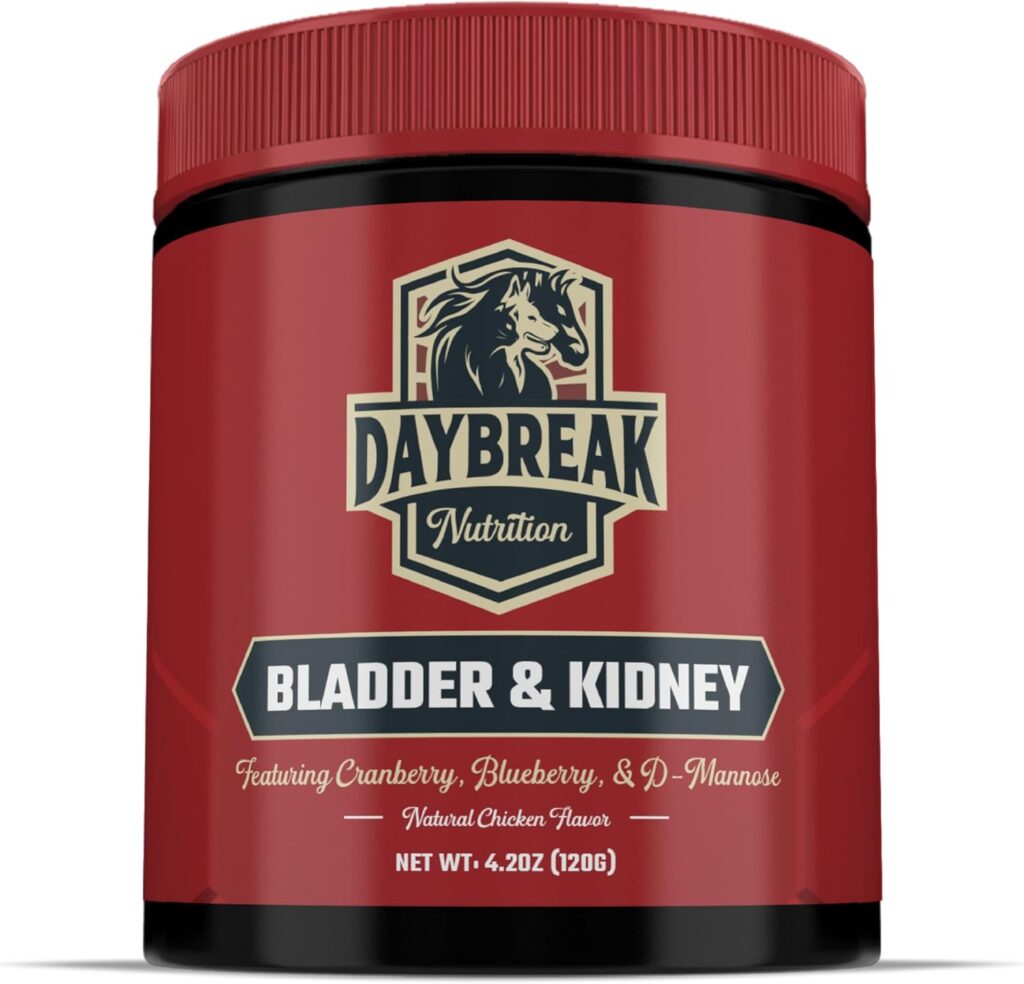Cat cystitis, also known as feline lower urinary tract disease (FLUTD), is a common condition that affects a cat’s bladder and urinary tract.
This condition can cause inflammation, discomfort, and difficulty in urinating.
Cat cystitis can occur for several reasons, including urinary tract infections, stress, dehydration, or underlying health conditions like kidney disease.
While cystitis is generally not a life-threatening condition, it can cause significant discomfort for your cat and require proper management to ensure their well-being.
Here are five ways to help ease cat cystitis and support your cat’s recovery.
What Causes Cat Cystitis?
Cat cystitis can be caused by:
- Urinary Tract Infections (UTIs): Bacterial infections can irritate the bladder and cause inflammation.
- Stress: Cats that are stressed or anxious may be more prone to developing cystitis, which is often referred to as feline idiopathic cystitis (FIC).
- Dehydration: Insufficient water intake can lead to concentrated urine, irritating the bladder and increasing the risk of cystitis.
- Obesity: Being overweight increases the risk of urinary problems in cats.
- Crystals or Stones in the Urine: Mineral buildup can lead to blockages and discomfort.
5 Ways to Ease Cat Cystitis
1. Use a Bladder and Kidney Cat Supplement
A high-quality bladder and kidney supplement designed specifically for cats can provide relief from cystitis symptoms.
These supplements often contain ingredients like cranberry extract, d-mannose, and other natural herbs that support urinary health and reduce inflammation.
Supplements that promote kidney and bladder health help strengthen the urinary tract, reduce irritation, and can prevent recurrent infections.
Out of all of the bladder and kidney supplements my cat has tried, Daybreak’s Bladder and Kidney is her personal favorite.
2. Increase Water Intake
Dehydration can exacerbate cystitis symptoms and contribute to the formation of crystals or stones in the bladder.
Encouraging your cat to drink more water can help dilute their urine and flush out irritants from the bladder.
Consider offering wet cat food, which contains more moisture than dry kibble.
You can also try a pet water fountain, as many cats prefer running water, which may encourage them to drink more.
3. Manage Stress
Stress is one of the leading causes of feline idiopathic cystitis (FIC).
Stress can be triggered by changes in the environment, loud noises, new pets or people in the house, or even changes in routine.
To help reduce stress, provide your cat with a calm and quiet environment with access to cozy hiding spots and plenty of enrichment.
Pheromone diffusers like Feliway can also help reduce anxiety and stress in cats.
4. Provide Litter Box Access and Cleanliness
Cats with cystitis may have more frequent urination or accidents outside the litter box.
Ensuring that your cat has easy access to a clean litter box at all times is essential for managing cystitis.
Some cats are picky about their litter, so make sure to use a type your cat likes and clean the box regularly.
If your cat is experiencing discomfort while urinating, consider offering a low-sided litter box for easier access.
5. Regular Vet Visits and Monitoring
Frequent vet visits are crucial for managing cystitis and ensuring that your cat’s condition doesn’t worsen.
Your veterinarian can help identify the underlying cause of the cystitis and recommend appropriate treatments, such as antibiotics for infections or medications to reduce inflammation.
In some cases, your vet may also suggest a special diet formulated to support urinary health.
Supporting Cat Cystitis
Managing cat cystitis requires a combination of strategies to support your cat’s urinary health, reduce inflammation, and promote overall comfort.
Incorporating bladder and kidney supplements, increasing water intake, reducing stress, maintaining a clean litter box, and ensuring regular veterinary care can significantly ease your cat’s symptoms.
Always consult your veterinarian to determine the most appropriate treatment plan for your cat’s individual needs, as cystitis can have varying causes and may require different approaches.
With proper care, your cat can feel better and live a happy, healthy life.
Affiliate Disclosure
Some of the links on this site are affiliate links. This means that if you click on the link and purchase the item, we may receive an affiliate commission at no extra cost to you. I only recommend products or services that I believe will add value to my readers, however some (not all) do pay us to be on this blog. Your support and theirs helps keep this blog running, and I genuinely appreciate it.
Medical Disclaimer
The information provided on this website is for educational purposes only and is not intended as medical advice. This blog or the writer is not a licensed healthcare professional, and the content should not be used as a substitute for professional medical diagnosis, treatment, or advice. Always consult with your physician or other qualified healthcare provider before starting any new treatment or making any changes to your healthcare routine.

